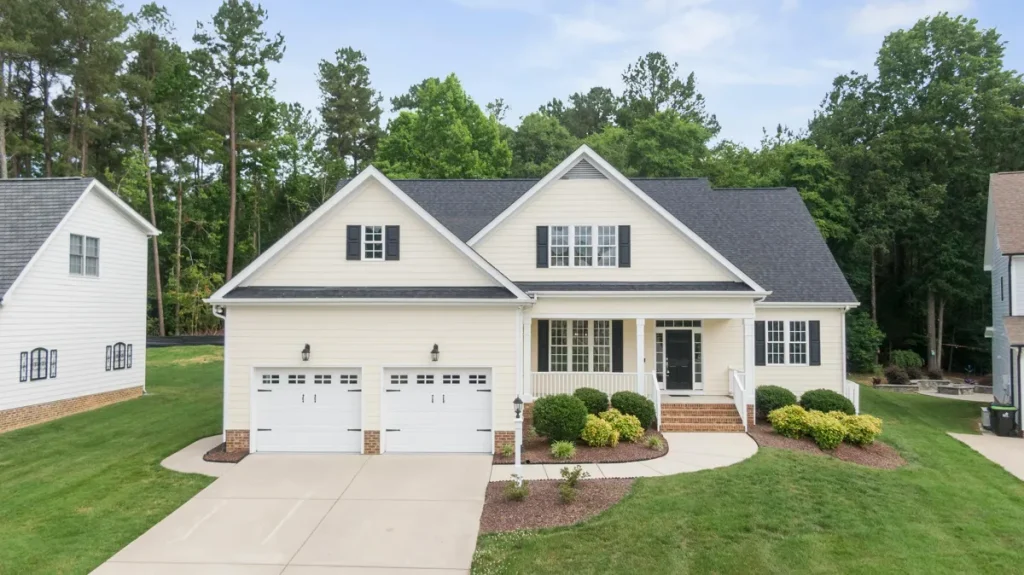
As individuals choose to rent instead of committing to long-term ownership, a dynamic urban pulse blends with modern lives. Renting is decided upon in response to changing work habits, economic demands, and the attraction of flexibility. Modern trends show that renting provides a dynamic mix of flexibility and convenience that lets lifestyles change fast in a fast-changing environment.
Navigating Economic Pressures and Financial Flexibility
Rising housing costs, growing living expenses, and the weight of down payment savings have pushed many toward finding homes for rent. Renting offers an escape from the responsibility of homeownership while mortgage rates remain typically high and financial uncertainty looms large. Households welcome renting possibilities instead of investing money into a house purchase that can restrict future financial flexibility. This adaptability allows budgeting around changing salaries and unanticipated life events, hence keeping personal finances agile. Renting also helps people to allocate money for travel, professional growth, or investments with higher returns, therefore reducing the dangers of market declines.
Changing to Fit Changing Lifestyles and Urban Dynamics
Over long-term permanency, modern life prioritizes experiences, mobility, and connectedness. Particularly as hybrid and remote working options grow, a rental lifestyle works quite well with changing work schedules. Urban centers draw people who want to be in active surroundings free from house upkeep because of their cultural vitality and many conveniences. Renting provides the opportunity to move or change living quarters with minimum effort, therefore supporting this flexible approach to life. This tendency reflects a larger social change whereby conventional indicators of security, such as homeownership, give way to the promise of freedom and diverse life experiences in always-shifting cities.
Reducing Long-Term Risk by Renters
From erratic repairs to property taxes and upkeep fees, owning a house entails several hazards and hidden expenses that might exceed the advantages of asset accumulation. By assigning duties to landlords and property managers, renting relieves these obligations. This method relieves the burden of building unanticipated expenses by providing a consistent monthly expense. Moreover, abrupt changes in employment or economic uncertainty might make a mortgage heavy. Renting contracts lets renters avoid long-term commitments that can compromise economic stability during recessionary times as financial responsibilities remain more flexible. In this sense, mentorship becomes a deliberate decision to reduce risk and maintain wide financial horizons.
Leveraging Technological Advances in Rental Markets
By simplifying virtual tours, property searches, and rental applications, technology has transformed the rental scene. Renting is more accessible and quick because of digital platforms’ complete data, ease of comparison, and pricing transparency. These developments enable tenants with real-time market trend analysis, therefore guaranteeing informed decisions and more seamless transfers. Apart from improving the rental experience, technological integration provides facilities for online lease management and maintenance request administration. Attractive to tech-savvy people looking for simplicity in an increasingly linked world, this digital revolution offers renting a contemporary, efficient, and hassle-free alternative to the conventional home-buying procedure.
Embracing a Lifestyle of Minimalism and Sustainability
Renting promotes a minimalist way of living that gives experiences and sustainable practices priority above amassing worldly possessions. Those who free themselves from property reduce the burden and obligation of homeownership, therefore encouraging everyday life and environmental responsibility. Modern rental buildings with shared utilities, including coworking spaces, fitness centers, and communal gardens, lower individual carbon footprints and encourage community connection. This environmental awareness fits more general cultural patterns that respect economy and resource-saving. Renting in this setting becomes not only a financial option but also a lifestyle choice supporting sustainability, personal development, and less environmental effect.
Cultivating Community and Social Connections
Renting usually takes place in energetic, well-kept buildings that support community connection via on-site services, communal areas, and social activities. These settings inspire a strong feeling of belonging and help to build personal relationships that are difficult to copy in situations of solitary ownership. Modern rental living’s social character offers a built-in support structure, which is rather helpful in difficult times, either personally or financially. Living in communities intended for interaction helps people access resources, guidance, and friendship, therefore improving their general quality of life. Particularly among younger people and urbanites who value community over solitude, this convivial aspect of renting adds much to its attractiveness.
Conclusion
Combining flexibility, risk reduction, and community spirit, the rental market presents a contemporary substitute for conventional ownership. Renting offers a dynamic venue for modern living as economic constraints, changing lifestyles, and technological developments all align. Renting a house guarantees a dynamic and flexible lifestyle in the changing housing scene of today by means of strategic financial independence, ecological practices, and improved social contacts.
